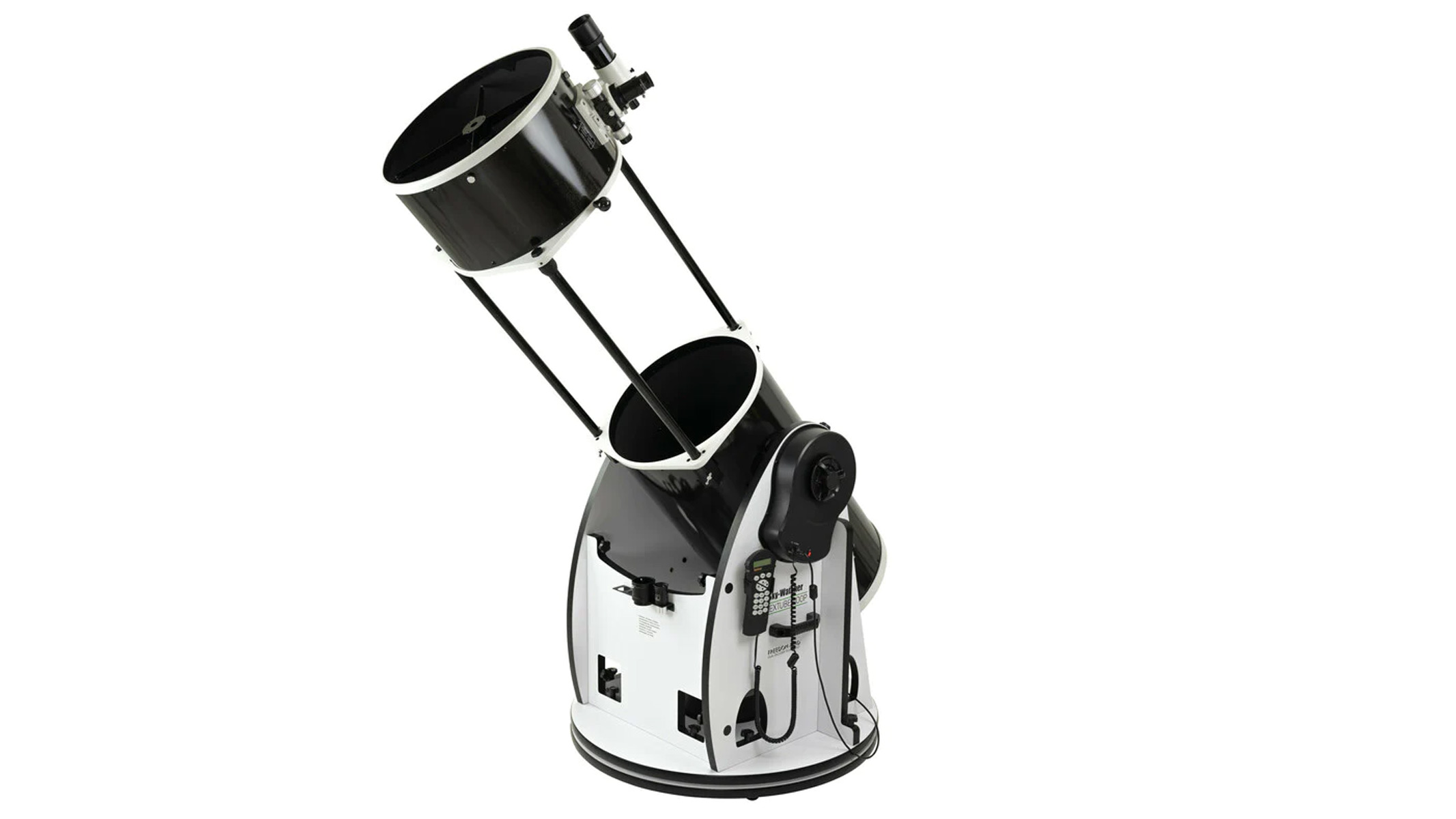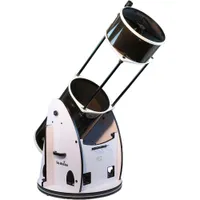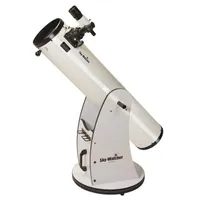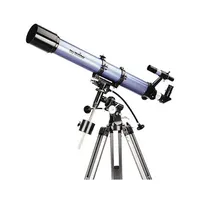Sky-Watcher telescope deals 2025: save big on one of the top telescope brands this Black Friday
With Black Friday upon us, we've rounded up the best Sky-Watcher telescope deals available this holiday season, from viewing the moon to gazing into deep space.

Sky-Watcher is a trusted brand when it comes to telescopes with them offering some of the best telescopes on the market.
We will keep this page updated with the latest and most reliable offers throughout the year. If you're looking for even more options, check out our guides to Celestron telescope deals and the best binocular deals for stargazing. Scroll down to explore the best Sky-Watcher telescope deals today!
Underneath the Sky-Watcher telescope deals in our guide, we've included some helpful buying advice, so that you know exactly what to look for. So, for the best Sky-Watcher telescope deals, scroll down below.
Sky-Watcher telescope deals 2025
Read moreRead less▼
Save over $700 on this super-powerful 400P Synscan GOTO collapsable Dobsonian telescope. We rank it as the best deep space telescope for serious observers.
Note: This is also available for the same price at SkyWatcher.
Read moreRead less▼
Save $96 on this Dobsonian telescope, with its wide, light-drinking 8 inch aperture. We think it's the best value telescope for viewing deep space and it's simple to put together too.
Read moreRead less▼
Save £26 on a refractor telescope that, with a 90mm aperture, a 900mm focal length and a multi-coated objective lens, offers crystal clear views of the moon and planets. The Evostar 90 EQ2 includes two eyepieces, a Barlow lens, a finderscope and a tripod with accessory tray are included too.
Note: Stock is low, so you'll have to act soon to get this deal.
Choosing the right telescope
When buying a telescope, there are two important factors to consider: your experience with astronomy and your budget. When it comes to Sky-Watcher telescopes's, there's something for everyone and every budget.
If you're a new stargazer, or you're buying for someone who is, you'll want to think about the best beginner telescopes, something easy to set up and easy to use. You can get decent quality telescopes for under or around $100, the Sky-Watcher Mercury 607 refractor or the Sky-Watcher Astrolux 76 reflector retail in that price range.
However, if you're a more experienced astronomers and ready to make more of an investment, you can always opt for models like Sky-Watcher Skyliner-250PX or Sky-Watcher Skyliner-200P, which offer higher-end specs.
For younger astronomers, you'll want to look at one of the best telescopes for kids. We can recommend the Sky-Watcher Heritage 76 and Sky-Watcher Infinity 76P because of their low maintenance and easy-to-store away qualities. They're also robust in build so you'll get years of use out of little investment and they can withstand minor knocks too. Two great options for introducing someone to sky watching or just in case astronomy is a passing phase.
We keep this page updated throughout the year. Annual sales events like Amazon Prime Day, Black Friday are, of course, Christmas, are a good bets for Sky-Watcher telescope deals. But as you can tell from these deals, you can still save big outside those events.
The Sky-Watcher telescope models we have introduced so far are perfect for views of the solar system, such as the the craters and seas of the moon and the small but bright sights of Jupiter and Saturn. These scopes will also provide good observations of bright deep-sky objects such as the Orion Nebula in the constellation of Orion (the Hunter) and the stunning Pleiades star cluster in Taurus (the Bull).
However, if you're craving a serious step up in quality, you'll need to consider increasing your budget. That'll get you a larger objective lens or aperture — that is the "light-gathering” ability of a telescope. For magnified views of the planets, galaxies and nebulas, the Sky-Watcher Skyhawk-114, Sky-Watcher Explorer-200P and Sky-Watcher Skyliner-400P FlexTube Parabolic Dobsonian are certainly worth a look.
Aperture size aside, with a bigger budget you also get an improvement in the type of technology that has become prevalent in telescope manufacturing: computerized, or GoTo, mounts. These revolutionary instruments are able to slew to your chosen target without needing to use sky maps to find your way around the night sky. They’re not aimed at any particular level of astronomer and are often used by beginners and seasoned skywatchers alike, particularly since they take the hassle out of manual calibration.
The Sky-Watcher Explorer-130PS AZ-Gti WiFi, Sky-Watcher Skyliner-200P FlexTube SynScan GoTo, Sky-Watcher Evostar-120 (EQ3 PRO) SynScan GoTo, Sky-Watcher Heritage-90P Virtuoso and Sky-Watcher Startravel-102 (AZ) SynScan GoTo are all excellent computerised telescopes.
Deciding on which one is best for you will largely depend on your budget, whether you’re a keen solar system observer, want to bring those faint deep-sky galaxies and nebulas into sharper focus or are hunting for a bit of an all-arounder.
Breaking space news, the latest updates on rocket launches, skywatching events and more!

Gemma currently works for the European Space Agency on content, communications and outreach, and was formerly the content director of Space.com, Live Science, science and space magazines How It Works and All About Space, history magazines All About History and History of War as well as Science, Technology, Engineering, Arts and Mathematics (STEAM) kids education brand Future Genius. She is the author of several books including "Quantum Physics in Minutes", "Haynes Owners’ Workshop Manual to the Large Hadron Collider" and "Haynes Owners’ Workshop Manual to the Milky Way". She holds a degree in physical sciences, a Master’s in astrophysics and a PhD in computational astrophysics. She was elected as a fellow of the Royal Astronomical Society in 2011. Previously, she worked for Nature's journal, Scientific Reports, and created scientific industry reports for the Institute of Physics and the British Antarctic Survey. She has covered stories and features for publications such as Physics World, Astronomy Now and Astrobiology Magazine.
- Chris McMullenContributing Writer
- Alexander CoxE-commerce Staff Writer
You must confirm your public display name before commenting
Please logout and then login again, you will then be prompted to enter your display name.



